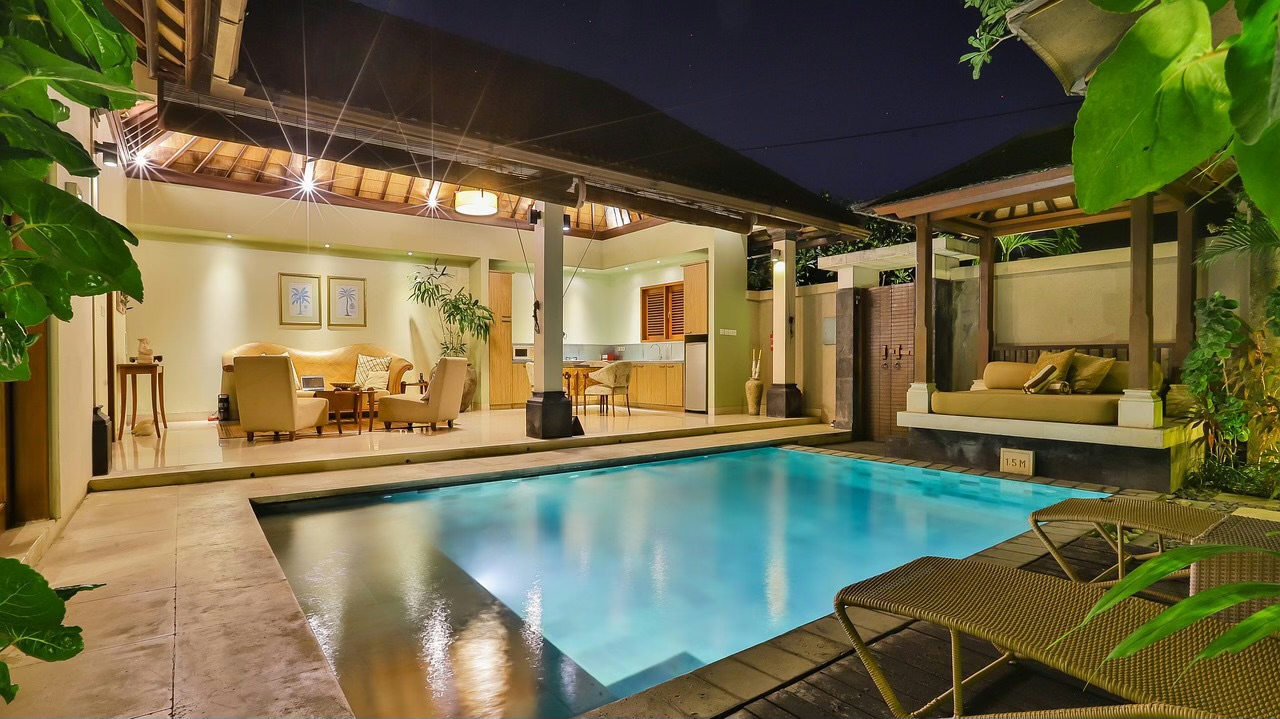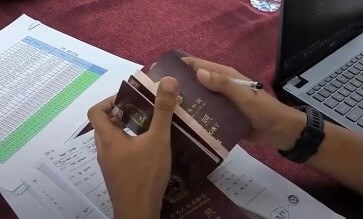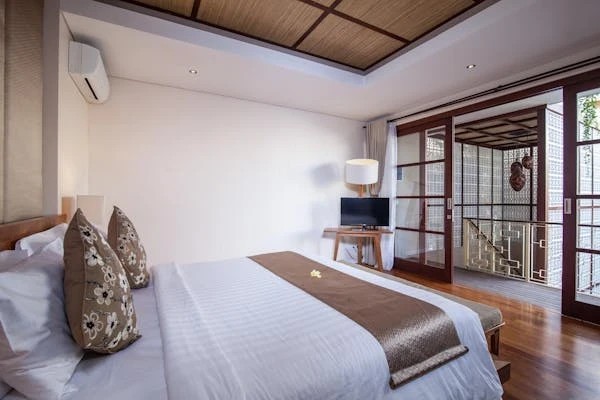A large-scale campaign has begun in Bali to combat illegal housing rentals. Local authorities have seriously targeted private villas and guesthouses that are being rented out illegally. To this end, unscheduled inspections of such accommodations have been initiated. The alarming statistics show that while the number of tourists on the island is rising, hotel occupancy is declining. This could mean that the market has gone 'underground.'

Regent of Badung, I Wayan Adi Arnawa, along with his deputy Bagus Alit Sucipta, conducted several inspections in the North Kuta area. They focused primarily on private villas and guesthouses. According to officials, one of the reasons for the decline in hotel occupancy is that tourists, especially those from the budget travel segment, choose these informal accommodation options. The problem is that these properties are often built on land officially registered as residential and do not have the necessary licenses. Many villa and guesthouse owners are not registered as taxpayers and do not pay mandatory regional fees.
Authorities emphasize: such a situation is not only illegal but also harms the local economy. Official statistics confirm that the hospitality industry and dining establishments contribute the most to Bali's economy. In the first quarter of 2025, hotels and restaurants were the main sources of tax revenue for the budget.
Regent Adi Arnawa stated that his team will continue to monitor how properties are used in the district. If a building is documented as residential but operates as a hotel, owners will be held accountable and required to bring the business 'out of the shadows.' As a result of the current inspections, a new regulation is planned to help organize this sphere.
Already, there are proposals to integrate all tourist portals and accommodation search apps with the official platform of the Badung administration. The goal is to create a transparent accounting system. Authorities want to accurately know who is visiting the island and where they are staying. If a tourist books accommodation through a platform that does not pass data to official bodies, it will pose serious problems for both guests and property owners. Authorities do not rule out the possibility of changing existing laws if needed to adapt to current realities.
Moreover, each guesthouse or villa owner will be required to report new lodgers within 24 hours to the district head. This requirement is part of a broader measure to ensure public safety and construction control.
"We need to know who lives in our districts. This is necessary not only for taxes but also for order," says Adi Arnawa.
Sudden housing inspections will continue, promised the regent. According to him, inspection teams will include district heads, representatives of the immigration service, and the prosecutor's office.
According to the new rules outlined in Circular No. 07 of 2025, foreign tourists are required to stay only in licensed accommodation establishments. Ignoring this condition can cause serious inconvenience not only to the hosts but also to the vacationers themselves. So now there's even more reason to check the owner's documents before moving in, especially if they are asking for a deposit several months in advance.
Sources: PDI PERJUANGAN, radarbali.



You can add one right now!